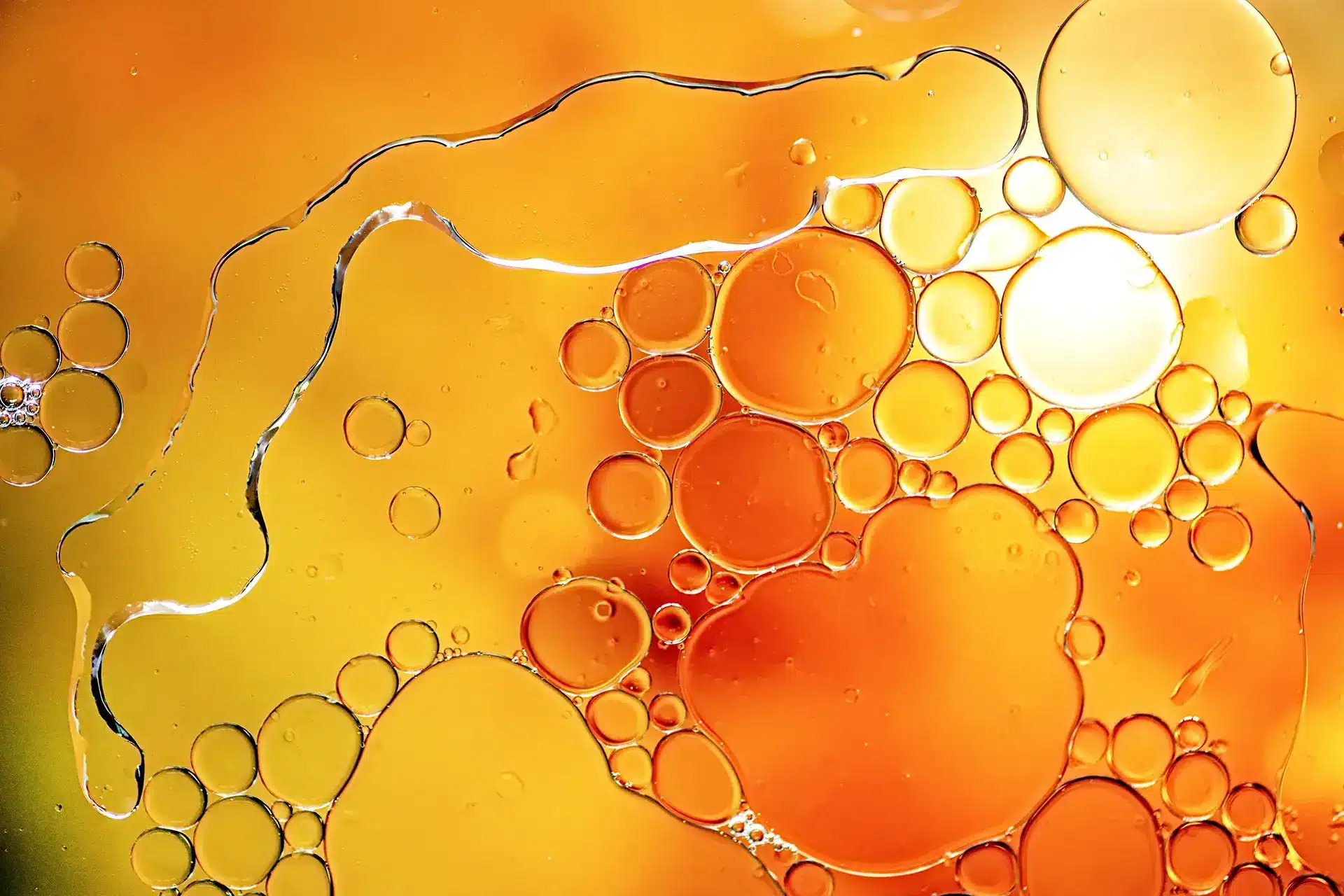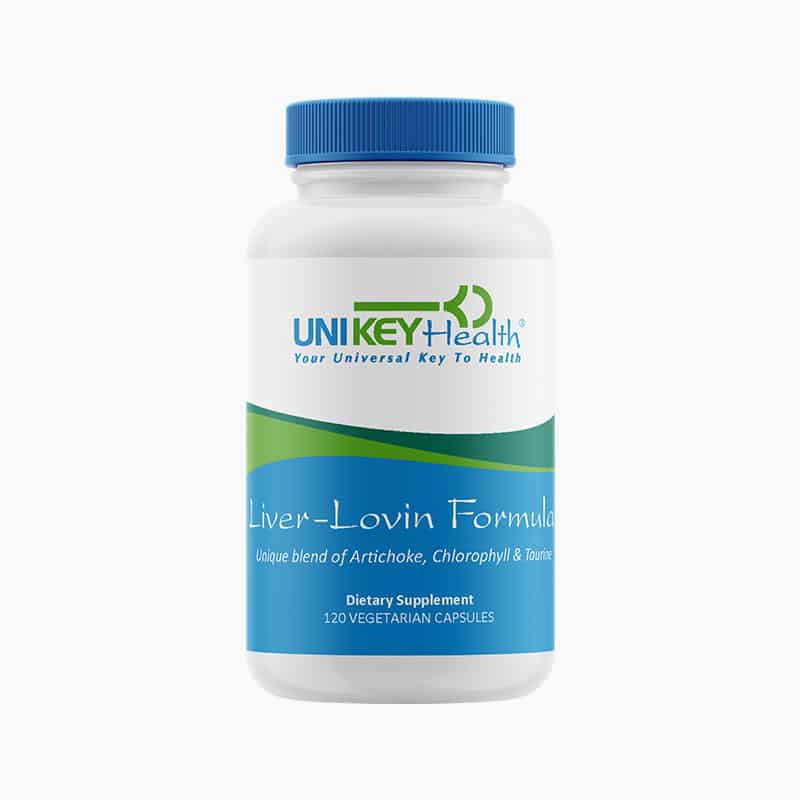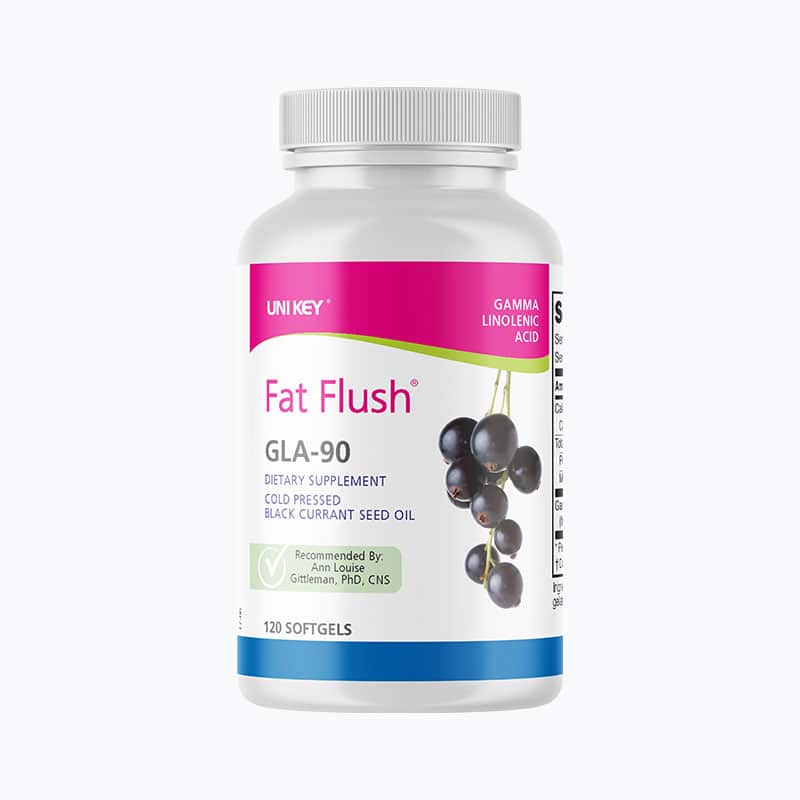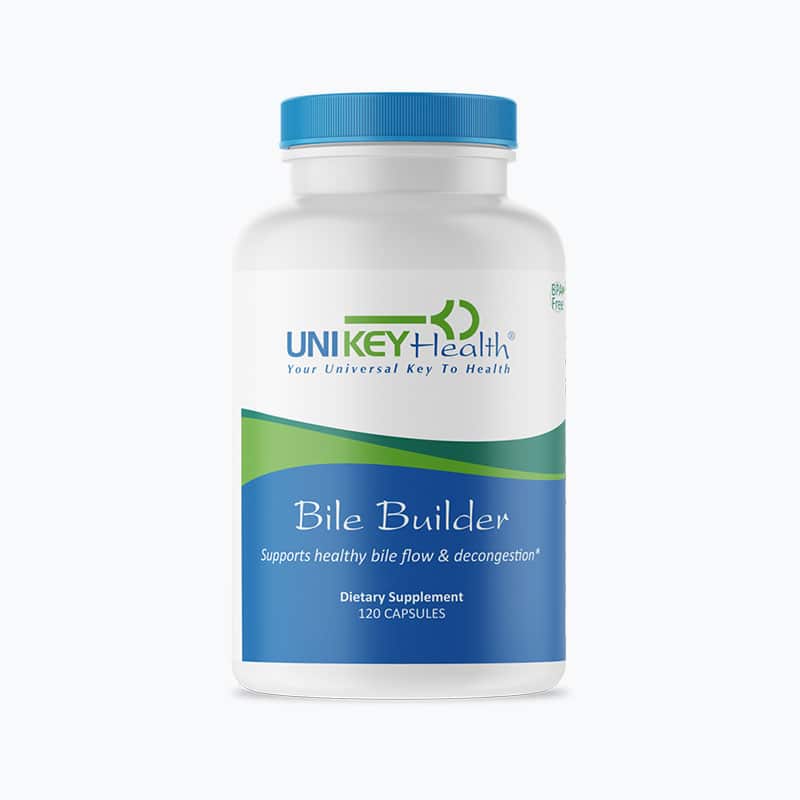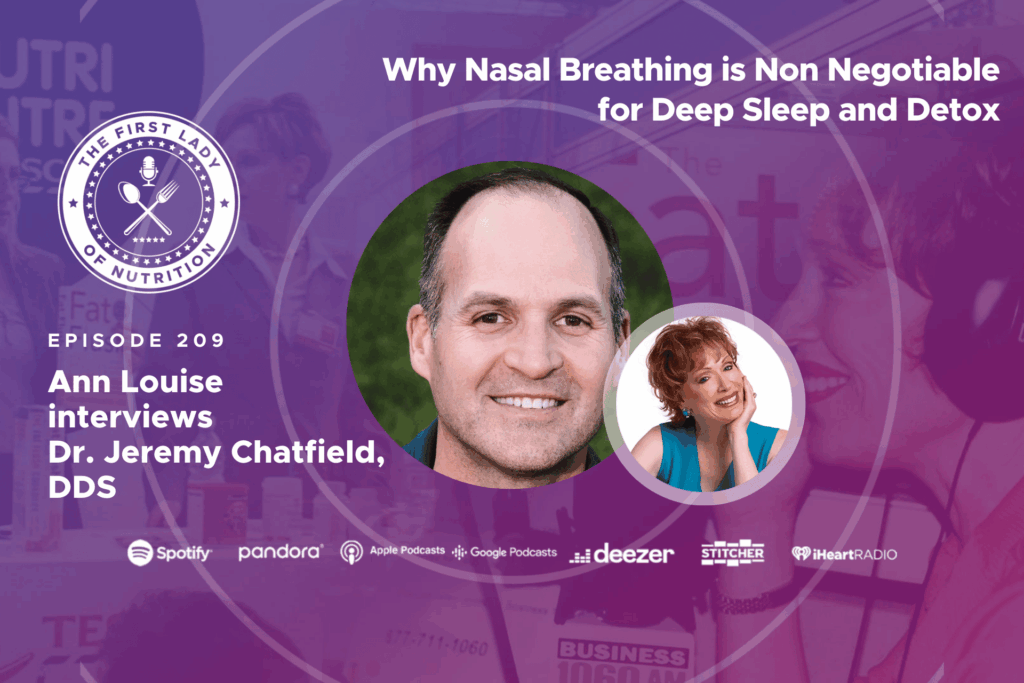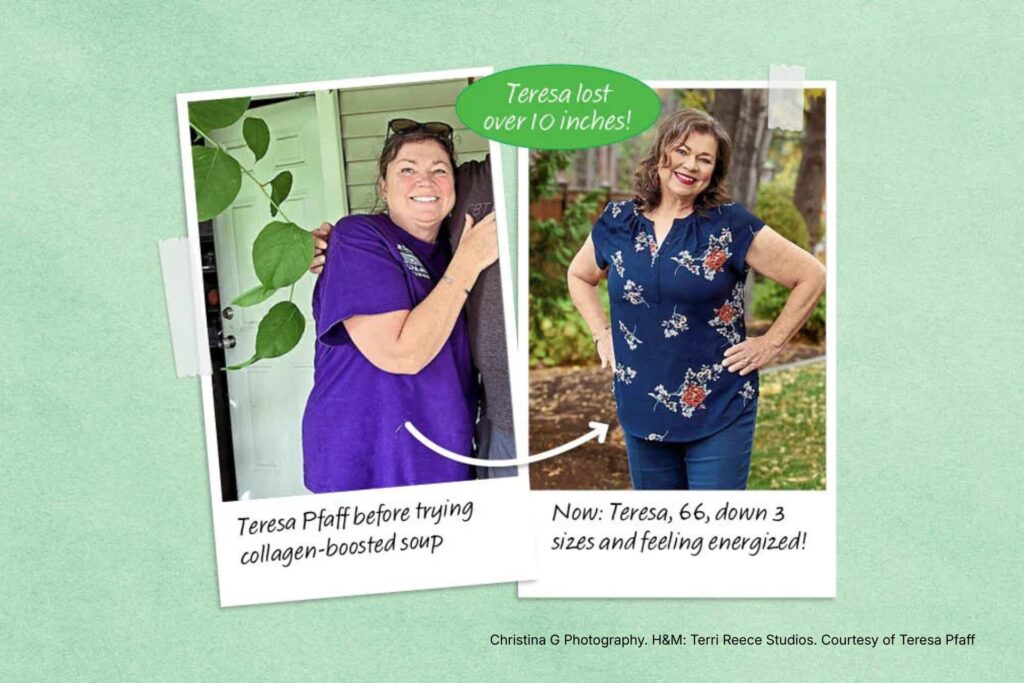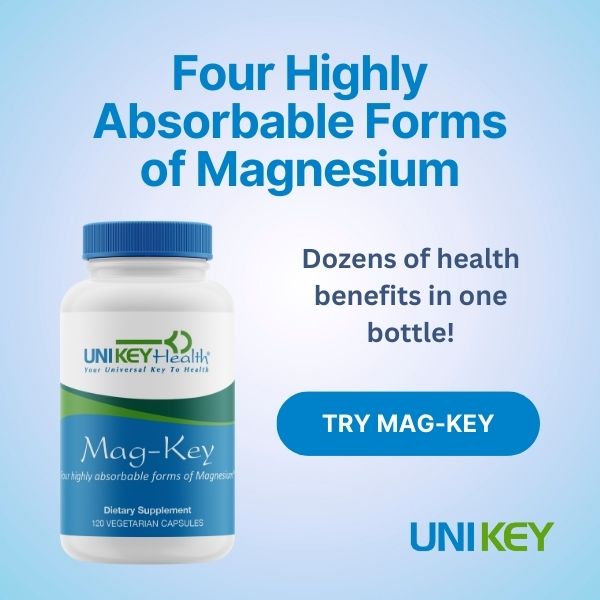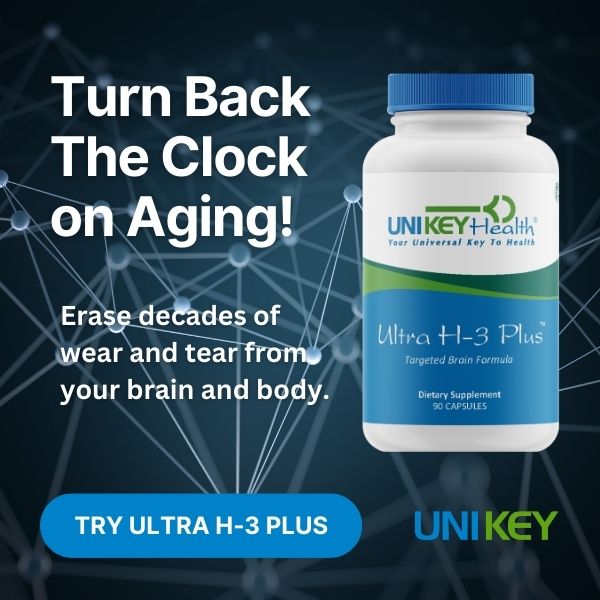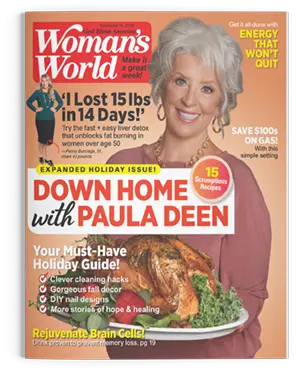As an industry pioneer and author of more than 35 nutrition-based books, I have long noted the unique properties of both quality and forbidden Omega-6 oils and fats. Understanding them is vital to leading a healthy lifestyle. Let’s take a closer look at why many seed oils do not deserve the negative press they’re getting these days.
Why Do Seed Oils Get a Bad Rap?
Understanding Seed Oils
Unadulterated and unrefined seed oils contain the GLA raw material, cis-linoleic acid, which the body converts to useful GLA (gamma linoleic acid). GLA, in turn, produces the eicosanoid E1 (known as PGE1) and, to a lesser degree, PGE2. When the cis-linoleic acid is heated, refined or adulterated with chemicals, it interferes with the transformation of GLA into eicosanoids. Without the ability to transform into eicosanoids, the essential fatty acids are biologically worthless.
There are several other factors that hamper eicosanoid production by blocking the enzyme (Delta-6 desaturase) that transforms GLA into useable and functional eicosanoids. These enzymatic co-factors include such vitamins as B-3, B-6, and C as well as the minerals magnesium and zinc. Aging, alcohol, and high blood sugar similarly work to hamper eicosanoid production.
Seed Oils in a Healthy Diet
So now that we understand that it is essential to consider the quality of seed oils within the context of a healthy diet, we can take note of how they can best be utilized. When purchased as organic and expeller pressed, it is fine to add small amounts of any seed oil to salads or to drizzle on veggies.
Good-for-You Seed Oils: Allies Not Foes
- Hemp Seed Oil features essential fats that can improve skin health, decrease joint pain and support weight loss.
- Flaxseed Oil offers omega-3 fatty acids, dietary fiber and lignans which have cancer fighting capabilities as well as supporting cardiovascular wellbeing.
- Walnut Oil provides both omega-6 and omega-3 fatty acids which promote heart health while simultaneously decreasing inflammation.
- Black Seed Oil contains thymoquinone (TQ), a potent phytochemical known for its anti-inflammatory effects, as well as for its antioxidant, antihistamine, antimicrobial, anti-fungal and anti-inflammatory effects.
- Macadamia Oil has an extremely high oleic acid content, which helps to balance cholesterol levels and reduce triglycerides. Both the omega-3 and omega-6 essential fatty acids this oil contains are perfectly balanced which makes it an optimal cooking choice.
- Siberian Pine Nut Oil is rich in healthy Omega-6 fats and is revered for a number of healing properties. It’s famous for its gut-healing effects, is an appetite-suppressant, a powerful antioxidant, and has been shown to lower blood pressure and LDL cholesterol levels.
Having Trouble Digesting Fats?
The Key to Processing All Oils and Fats
Bottom Line
Sources:
Farvid MS, Ding M, Pan A, Sun Q, Chiuve SE, Steffen LM, Willett WC and Hu FB (2014) published “Dietary Linoleic Acid and Coronary Heart Disease Risk: a Systematic Review and Meta-Analysis from Prospective Cohort Studies.” Circulation 130 (18) 1568-1578 DOI 10.1161/CIRCULATIONAHA.114.010236 Epub August 26 PMID 25161045 PMCID 4334131
